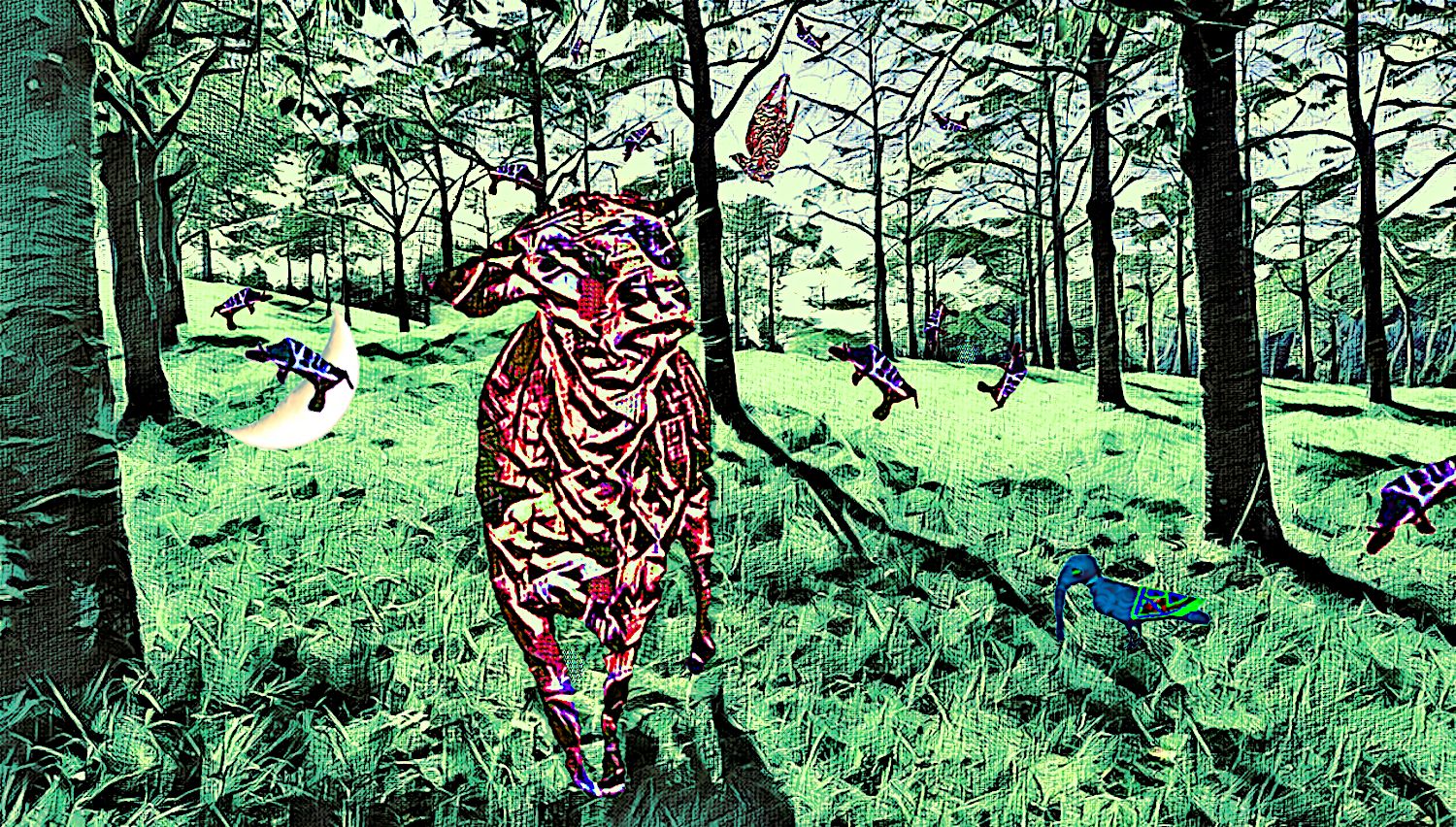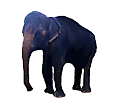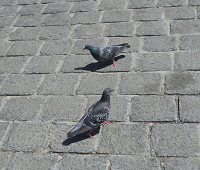The Dow Jones Industrial average plummeted
7.86% this past week. I am not an investor. That is, I don't invest in the stock market. Not anymore. But, in a way, we are all investors. Even if we don't have a direct stake in the market, a dramatic fall such as we experienced in the last couple of days affects everyone. Unless we live in a cabin somewhere, off the grid, a dramatic economic downturn ripples through the economy.
If nothing else, a lot of people are going to be in a very bad mood as they watch their savings, in many cases their hope for a more prosperous future, take a dive.
I do know someone who made money in the last few days on the market. He's pretty savvy. He guessed (what else can you do with the market but guess) that it was pretty certain the markets would have a conniption if the U.S. imposed tariffs broadly. No one knew, of course, how broad the tariffs would be, but this young man figured the uncertainty in itself would be a blow.
So, how did he make money? He bet against the market. This is new to me, but you can actually buy a 'put', which is a contract to sell at a certain price. If a stock falls below that price, you make money. That's what he did. He bought 'puts' before the announcement and picked up a few bucks today after the market tumbled. Actually, I think he doubled his money.
This is why I don't invest. I don't substantially understand how this works. It seems like poker to me. A calculated gamble, but nonetheless still a gamble
People invest in the stock market, I believe, because they hope
to beat inflation by tying their funds to an equity that rises in value as the economy grows. That's the theory.
A week like this week takes the stardust out of that vision.
Has the sky fallen? Does the rapid drop in the Dow Jones average have dire implications for the economy? Some economists
think so.
How does this Dow Jones tumble compare to the past?
In 1929 the Dow Jones fell by
13% in one day. It is the verdict of most historians (though not all) that the market collapsed because the economy was sick...hyper inflated stock prices. Speculation was rampant and there were few controls on investor behavior. Banks, brokers, people in general were behaving badly and the balloon burst.
Crowds Gather Outside NY Stock Exchange, October 24, 1929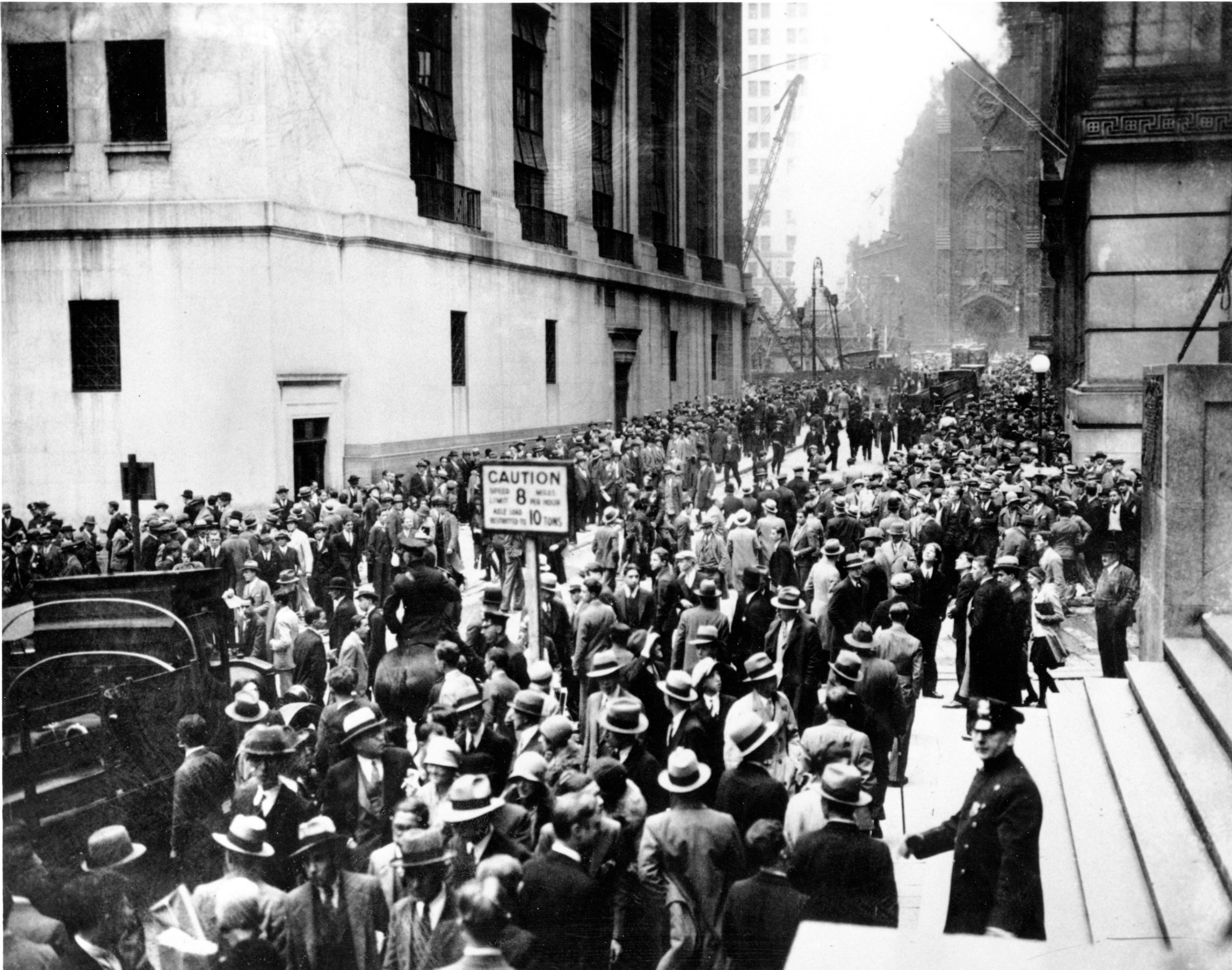 Associated Press.
Associated Press. 
Did the stock market collapse in 1929 cause the Great Depression? Or were both events symptoms of an underlying illness. In the
popular mind (my mind) the two are linked forever.
Stock market 'crashes' in history tend to be linked to a period of subsequent economic decline. In 1873, for example, a stock market crash led to a
panic (a run on banks) and a subsequent 'Long Depression'.
NY Stock Exchange Closes Its Doors on Members, September 20, 1873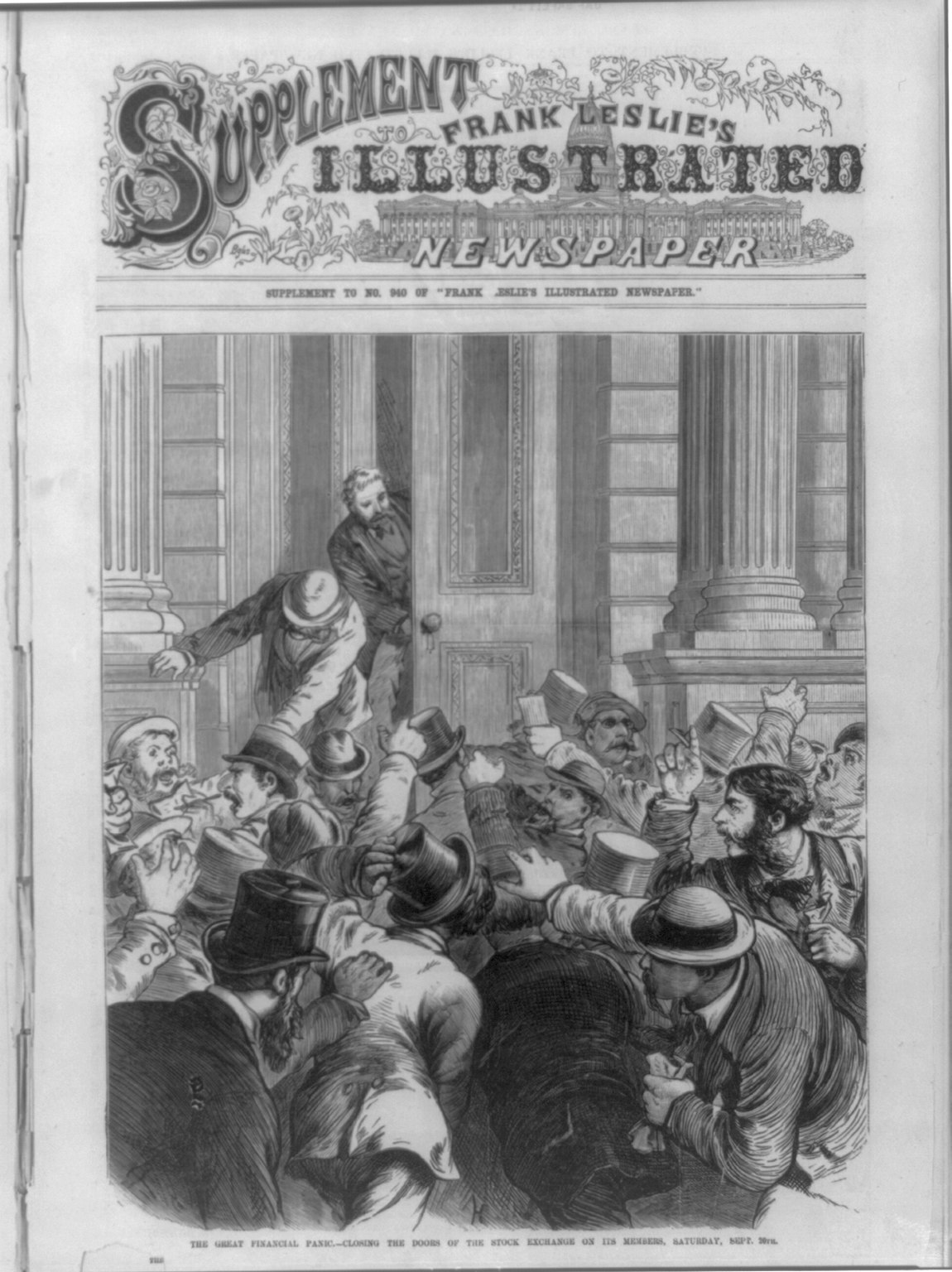 U.S. Library of Congress.
U.S. Library of Congress. 
What happened in the last few days may be different from 'crashes' in the past. For one thing, those crashes were organic. That is, they grew out of the financial dynamic of the times. In this case, the fall in the Dow Jones was the result of one action, one nation taking what its leaders believed was 'corrective' action. This Dow Jones fall is rather unique in that way, so how do economists figure its long-term effects? I don't know.
We are all passengers on a train that is wobbling on the tracks. Are there long-term economic implications of that wobble? Has the sky fallen? Or has it just fallen for those who are directly invested in the market? Is this a crisis or a blip on the screen?
Stay tuned.
***My Collage and LMAC Responds to Change***
The sky may or may not be falling on the economy, but LMAC is looking forward, not up at the sky. We are a dynamic community, which means we respond to our environment. Many of our participants did not enjoy the monthly contest format, so we are returning to a weekly contest. Additionally, we will be rewarding
SBI units to participants throughout the week.
We love what we do.
My collage this week (please note: I do not compete in the contest) was inspired not only by current events but also by the delightful template photo for this
week's contest, courtesy of team member
@quantumg.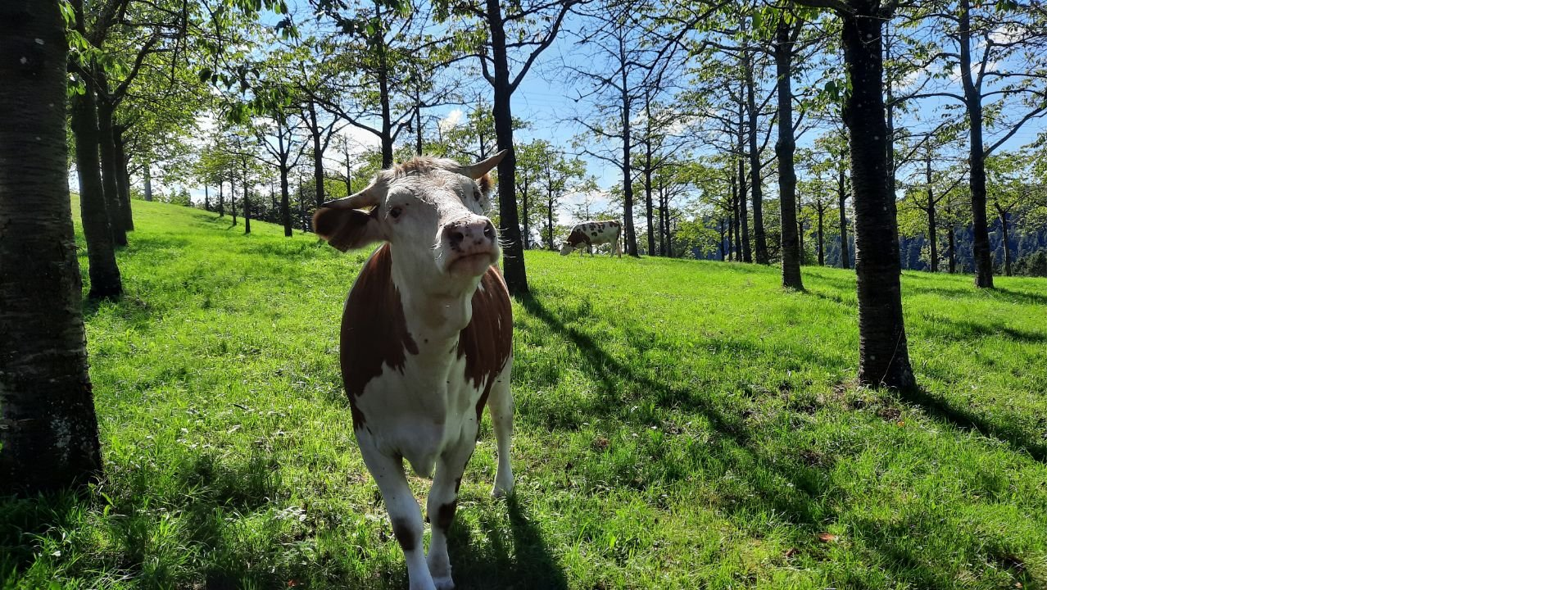
It was really not very nice of me to mess around with that wonderful bovine, but after all this is art, and there are few rules in art :)
I borrowed from the LMAC image library,
LIL as I created my collage. I thank
@redheadpei,
@redheadpei, and
@redheadpei for their pictures
Elements from LILElephant headLIL
@muelli I used GIMP, Paint, Paint 3D and a filter from Lunapic in order to make my collage. If you look closely you will note the elephant pigeon in the foreground:
This poor misbegotten creature is an expression of how I feel about the economic events of the week.
LIL and LMAC
LMAC is a welcoming community. We appreciate all sincere attempts to create art. I am not an artist, and will never be. However, creating is part of the human experience, one of the best parts. We invite everyone to discover the artist that lives inside each of us. Collage is the perfect medium for someone like me, someone who was never 'good' at art but who loves art.
Join us. If you are an artist, we rejoice in your talent. If you are not an artist, we also rejoice in your creative effort. Be original, be yourself and make something that speaks of you.
LIL is the library created by LMAC participants. We have about 14,000 images in the library. While this image resource was developed for LMAC collage creators, everyone on Hive is welcome to use it. Everyone may contribute to the library. Once images are part of the library they are in the public domain. Procedures for borrowing and contribution are described in
@shaka's blog,
here.I hope the distress caused by this week's economic activities is short lived, and I hope it has not adversely affected my readers.
Peace and health to all. Hive on!
